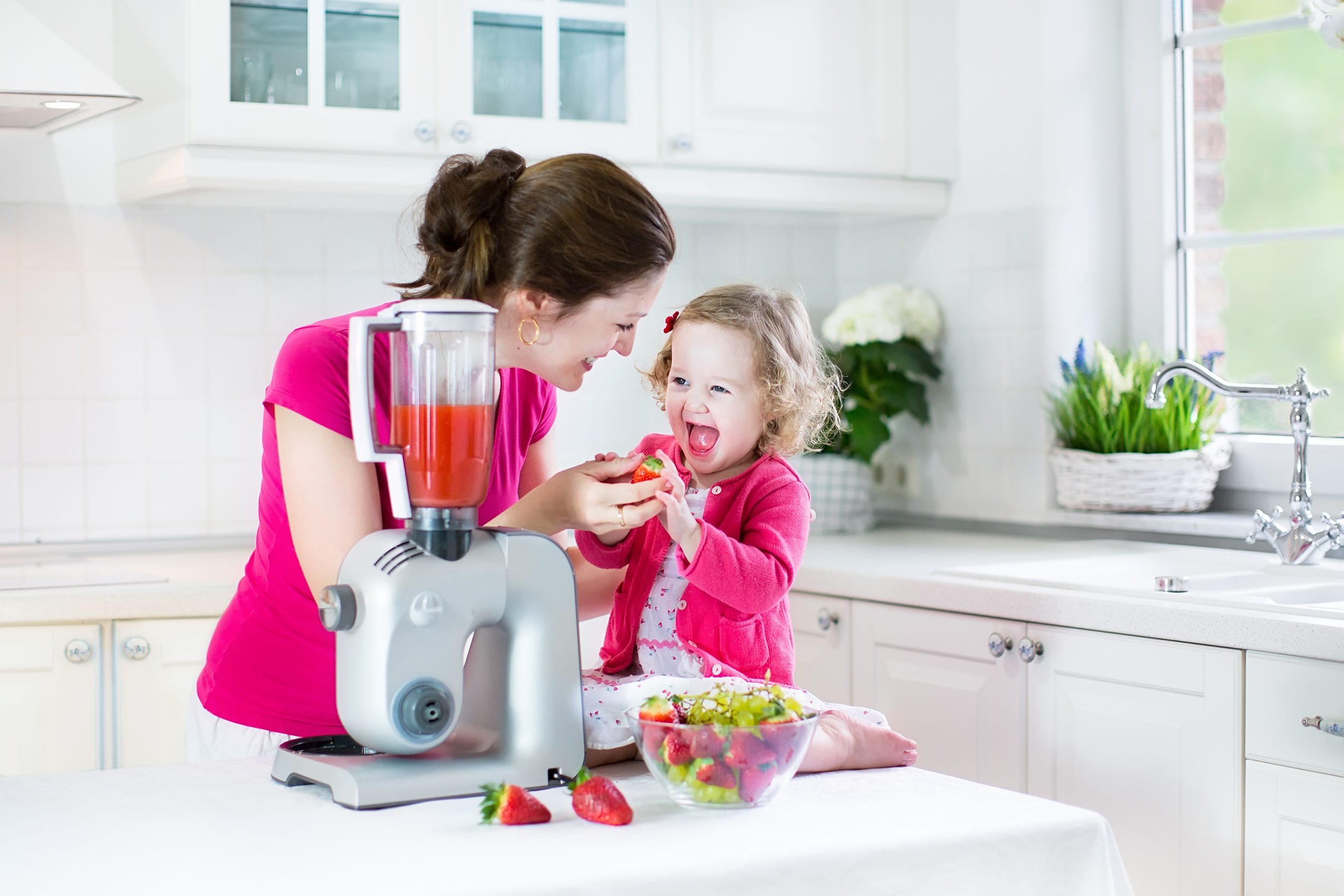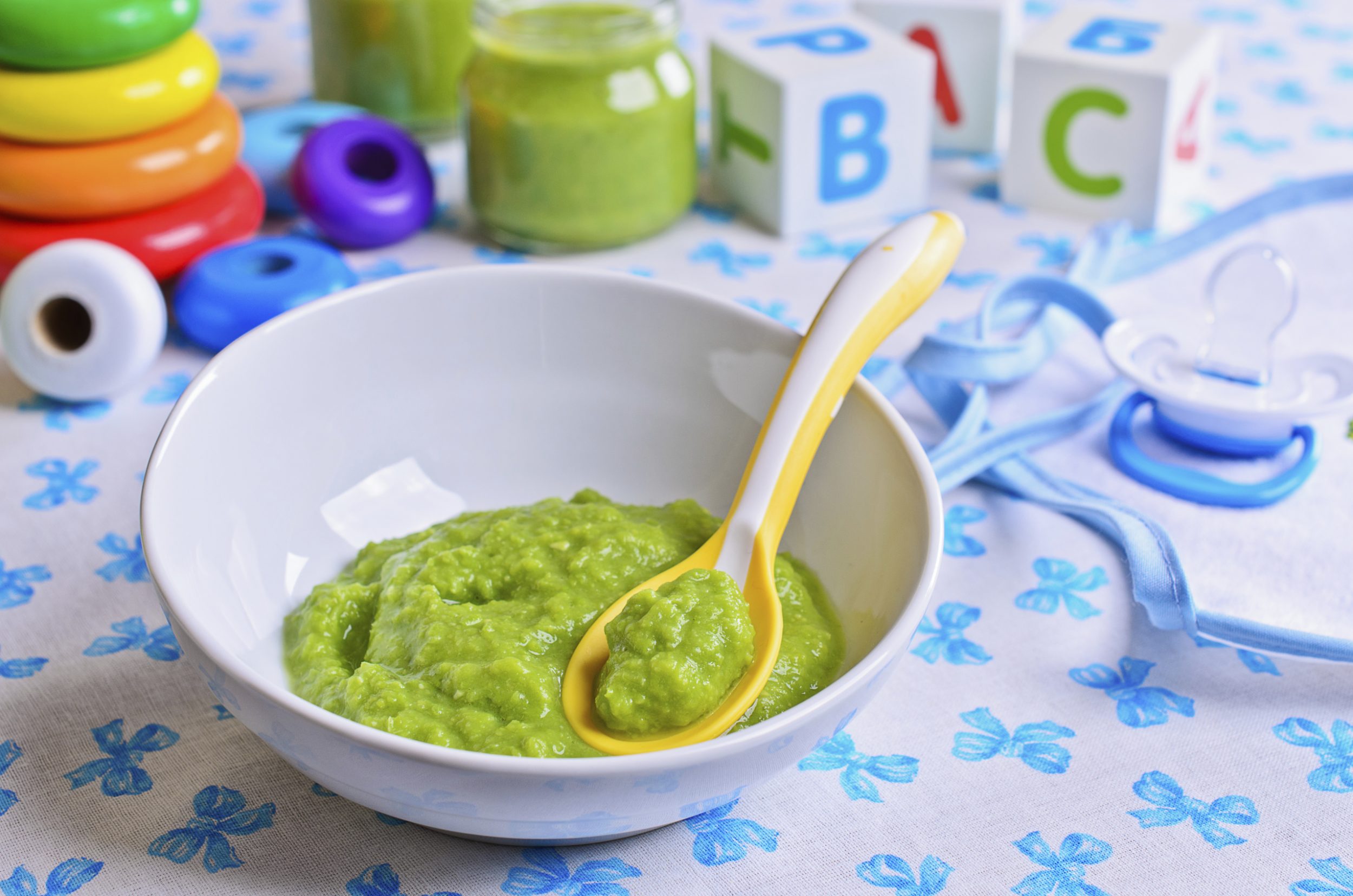Baby porridges under the microscope: Only a few products available on the Austrian market fulfil the "Quality criteria for complementary food starter products" of the National Nutrition Commission (NEK).
An evaluation of complementary food products available on the Austrian market carried out by "Richtig essen von Anfang an!" shows potential for improvement in the composition and labelling of porridges marketed for children from the 5th and 6th month of life.
Quality criteria for complementary food starter products
In 2016, the National Nutrition Commission adopted a recommendation on "Quality criteria for complementary food starter products", which contains specifications for the list of ingredients, recommended use and age suitability. This was developed by the health promotion programme "Eating right from the start!" - the initiative for pregnant women, breastfeeding mothers and children up to the age of ten of the Austrian Agency for Health and Food Safety (AGES), the Ministry of Health and the umbrella organisation of Austrian social insurance companies - and the working group for pregnant women, breastfeeding mothers and infants of the National Nutrition Commission. The products available on the Austrian market should comply with this NEK recommendation. The quality criteria apply to porridges in jars as well as to cereal porridges for mixing, which are suitable from the beginning of the 5th month and 6th month.
The product labelling data (e.g. list of ingredients) collected as part of the "Lebensmittel unter der Lupe" project (www.lebensmittellupe.at) from July 2017 to January 2018 was used to check whether the recommended quality criteria were being met. A total of 360 jarred porridges (e.g. vegetable porridges, menus with meat, menus with fish, meat/fish preparations, milk cereal porridges, fruit porridges and fruit cereal porridges) and 60 cereal porridges for mixing, which were marketed for children aged 5 and 6 months and over, were analysed.
Potential for improvement in composition and labelling
To give children the opportunity to get to know and get used to the natural taste of food, baby food should be free from added sugar, other sweetening ingredients or flavouring ingredients such as chocolate. Every third porridge that was suitable for starting complementary feeding (from the 5th or 6th month of life) contained sweetening or flavouring ingredients or other undesirable ingredients (such as cow's milk before the 6th month).
According to the Austrian complementary food recommendations, complementary foods should not be started too early. Unambiguous time indications are essential so that parents and carers do not accidentally start giving certain products too early. Therefore, the age stated on the label should be standardised as "from the 5th month" instead of "after the 4th month". This quality criterion was met by only 1 % of the paps that are suitable from the age of 5 months. Statements such as "after the 4th month" can be misunderstood as "in the 4th month" by people with a non-German mother tongue, for example, and lead to complementary foods being started too early overall. It is also problematic that the month (e.g. the number 4) is shown much larger than the term "after".
There is also potential for improvement with regard to the recommendations for use for "cereal porridges for mixing". The ideal recommendations for use were only met by just under 5 % of the "cereal porridges for mixing". According to the cow's milk recommendation of the National Nutrition Commission, no cow's milk should be given until 6 months of age. Studies indicate that infants have an increased risk of developing iron deficiency anaemia and iron deficiency states if cow's milk is consumed before 6 months of age. For the majority of porridges that were suitable from 5 months of age (85%), the use of cow's milk to prepare the porridge was suggested before the recommended age for children. From the beginning of the 6th month of life, cow's milk can be used to prepare one milk-cereal porridge per day.
Measures required to improve implementation of the quality criteria
The study shows that measures to implement the "Quality criteria for complementary food starter products" are necessary in order to achieve improvements in the range of foods and infant and toddler foods on offer. The appeal is primarily aimed at manufacturers. By voluntarily implementing the quality criteria for complementary food starter products, manufacturers can contribute to the healthy growth of our children and make it easier for parents to make healthier choices.












